(ECNS)-- The world today is facing the biggest change ever seen in a century. These changes bring both challenges and opportunities. The COVID-19 pandemic is raging around the world, adding uncertainty to an already uncertain world. How to find the path and way out in the midst of chaos and upheaval? Is globalization dead? Will the global power transition happen? How can China respond to the changes and has the strategic opportunity period disappeared?
Zhang Yunling, a member of the Chinese Academy of Social Sciences, Chair Professor of Shandong University and Director of the Institute of International Studies of Shandong University, recently gave an exclusive interview to the China News Service “W.E. TALK”. Zhang Yunling was a member of the 10th, 11th and 12th National Committee of the Chinese People’s Political Consultative Conference and a member of the Foreign Affairs Committee. He gives his observations and analysis based on China and the world.
The summary of the interview is as follows:
CNS:What do you think of the claim that globalization is dead?
Zhang Yunling: Globalization is a typical feature of development in today’s world, and few countries stand aside from it. In recent years, anti-globalization voices, forces and actions have sprung up. Some argue that globalization is dead. I believe globalization is not dead, but has entered a new period of restructuring. Why does globalization need to be restructured? Because globalization has seen some controversies.
One of them is about imbalance, which involves regional mismatch and industrial structure disproportion. Interdependence relations, openness to the outside world, industrial chains and supply chains are conducive to division of labor and participation, and to economic efficiency and growth. However, excessive decomposition and excessive outward migration can lead to imbalance. For example, a large number of industries migrating out will lead to industrial “hollowing out”, that is, when industries moving away, if there is no new industry to replace them, it will lead to the decline of the existing industrial zone. Industrial restructuring and reallocation are necessary, but need to be supported by industrial policies to promote the development of new industries to fill the “hollow”. For example, the Chicago area of the U.S. is the base of traditional industries, but after the transfer of industries without replacement, it has become a declining Rust Belt, where the anti-globalization voice is loud.
Secondly, it is about the security of development. Economic theory holds that the longer the supply chains, the better, with a fine division of labor to improve efficiency. But when the epidemic came, there was a problem of supply disconnection. The automotive industry and electronic products were the first to be impacted, because these industries have the most detailed industry chain. In this case, enterprises and governments began to reflect on the fact that they cannot rely on external sources for everything. To guarantee basic supply, there must be core guarantees. Therefore, enterprises and governments have taken a series of measures to adopt appropriate policies. The U.S. politicized the issue of development security and began to take a decoupling policy on China’s supply chain participation and high-tech participation, and there has been a politicization and generalization of development security. This has become the basis for anti-globalization. It is important for all countries, from governments and companies to individuals, to pay attention, but it is also harmful to go to extremes.
Finally, it is about the polarization of wealth. In an open and competitive environment, the powerful and the capable ones win, so wealth is concentrated in the favor of the strong and the most efficient part. The more globalization develops, the more serious the polarization of wealth accumulation becomes. Therefore, there are doubts and objections to globalization. In 2008, the subprime mortgage crisis in the U.S. led to an anti-Wall Street movement, which represented the profiteers of globalization. In Europe and other countries, anti-globalization forces also increased dramatically.
In this context, globalization has entered a period of adjustment, but openness, division of labor, and supply chains will not end, and new technologies will fuel the development of a new globalization.
CNS: What are the aspects of globalization adjustment?
Zhang Yunling: At the policy level, the government will pay more attention to the country’s ability to guarantee the safe supply of basic necessities, to reduce external dependence on important necessities, and increase support for the industry regression and take measures to limit the outflow of core industries, such as core technology, key industries for the national economy and the people’s livelihood, and may even increase restrictions at the level of laws and regulations. Many countries have started to enact more strict regulations on foreign investment review and authorization to restrict foreign investment in core technologies, and strictly prevent foreign investment from buying domestic enterprises at low prices in times of economic hardship. It seems that National Conservatism, which is based on the concept of economic, social and political security, will have a greater impact. Nevertheless, no country has claimed to close its doors to the outside world, and the United States is no exception. The U.S. government’s consideration is more about politics and restricting the competition ability of its rivals. After all, the U.S. can only maximize its interests by relying on the world market.
At the level of business strategy, enterprises will pay more attention to the security of supply chain. To this end, they may shorten the supply chain and strive to master the core links. In order to reduce operating costs, they will use intelligent technologies such as robots on a large scale. However, enterprises, especially large ones, will pay more attention to opportunities in international markets and therefore will not retreat to domestic markets. Instead, they will use the new technologies at their disposal to build a large network based on the world market and integrate more enterprises into the World Wide Web of Things.
At the social level, citizens have increased their demands on the government to limit the inflow of foreign capital and foreign population, to ensure employment opportunities, to improve social security. However, there is also more public reliance on a more open social, economic, and political environment for greater and better employment and development. Thus, although the original liberalism will lose power, the relationship between globalization and public interests is still very close, and extreme xenophobic forces can hardly get majority public support.
CNS: What will be the trend of globalization in the future?
Zhang Yunling: From the perspective of future trends, globalization theory and public opinion will shift to managed globalization or restricted globalization. Nevertheless, as an important part of the global economic and social operations, globalization cannot be simply abandoned. As a development process, globalization is adjustable, controllable, and variable, but irreversible. Whether it is a country, an enterprise, or a social group, it is impossible to retreat into a so-called closed tribal society. For example, the government can support the return of enterprises, but it is impossible to force them to return. In reality, a large number of enterprises cannot go back, especially those that rely on the local market and factor resources for survival.
The COVID-19 pandemic will pass, but the thinking, discussion, debate, and adjustment of post-pandemic policies, business strategies, and citizenship will continue for a long time, in what has been called a post-liberal rethinking and transformation. However, as a general rule, in the face of COVID-19, which is ravaging the world, sadness, pessimism, and extreme emotions will often prevail, but after the pandemic, back to normal, a more balanced, rational and wise will and action will gradually return to the mainstream. From past historical experience, each catastrophe has provided lessons for humanity to become more rational and wise, and to promote progress rather than regression, and COVID-19 is no exception.
In terms of the development of globalization, a new wave has emerged, which can be called network and digital globalization, that is, the development of information technology, intelligence and digital technology as the driving force to build the Internet of Things and integrate various economic and social activities into the network. In fact, globalization is not only in the economic field, but also in the ecological, environmental and climate change, from which no country can be excluded, and politics and international relations are increasingly global in their impact.
Analyzed from the general trend, the new globalization has three prominent features: first, it embeds artificial intelligence, big data and big internet technology, builds the spatial Internet of Things, and breaks traditional national boundaries, and forms spatial links, has multiple elements under the framework of the large network. Thus, beyond the existing mode of supply chain, small and medium-sized companies and individuals are integrated into the spatial network system.
Second, market opening and balanced development will be better combined, and the liberalism-dominated Openness Only approach will be changed. Developed countries will pay more attention to international wealth accumulation and domestic social-economic balance under globalization, and countries will pay more attention to the construction of the overall national security system, that is, to a more balanced globalization.
Third, the existing international institutions, cooperation mechanisms and platforms will be adjusted to the needs of actual development, especially to meet the needs of the new globalization and to provide support and convenience for the development of the new globalization.
CNS: How can China respond to the future trend of globalization?
Zhang Yunling: China benefits from globalization. Reform and opening-up has opened the door for China to participate in globalization and achieved rapid economic development. Therefore, China is also an active promoter and supporter of globalization.
Amid rising protectionism, populism, and political interventionism, China must persist in reform and opening up. For the first time since industrialization, China is at the forefront of the world in a number of areas. Both from its own development needs and in terms of driving the world economy, China is now able to play an increasingly important role in promoting the opening of world markets and maintaining the general trend of globalization.
CNS: How do you see power transition?
Zhang Yunling: From the general trend of world development, power transition is inevitable. Historically, power has been shifted from one power to another, which means substitution. But today’s power transition is different from the past, that is, the typical characteristic of power transition is not substitution, but decomposition and diffusion.
When we talk about power transition today, it is mainly about the United States, which is the only world superpower and hegemonic state with dominant and controlling influence over the world. But will the power of the U.S. be transferred to another country? I don’t think so. The multi-directional decomposition and decentralization is an important feature of the power transfer in the new period, and with the development of diversification, no country can control the future alone. International and regional organizations such as the United Nations, covering various fields, will play an important role in managing the world. As global affairs become more and more complex, the role of non-state actors such as enterprises, individuals and non-governmental organizations is becoming increasingly important. In some areas, state-power cannot take the lead and will rely on multinational corporations.
There is no Thucydides trap if we look at power transition in a new light. It is necessary to establish a new discourse system in theory and public opinion. In terms of international changes, we cannot focus all the attention on Sino-US relations. During the Cold War, the Soviet-US confrontation did affect the world, because the opposing sides formed two blocs, each of which had a leader. Now there is neither a bloc nor a leader. Most countries do not want confrontation between China and the U.S., and do not want to form a bloc, much less participate in either side to confront it, because of both interests with the U.S. and interests with China. If we continue to view the issue from the old theoretical perspective, linking all problems to the Sino-US relations, we simply cannot find a way out anymore.
Therefore, when we analyze the world today, we must have a multifaceted, multilayered, and multidirectional perspective.
For China, it needs to consider the comprehensive impact of its peaceful rise and increase the transparency and integration of its own strategies and goal-setting. The Chinese dream of achieving the great rejuvenation of the Chinese nation must be understandable and acceptable to others, and avoid causing strategic misunderstandings and miscalculations. As a rejuvenated nation, China expects to be at the center of the world stage, but China will not be the only one, there will be others as well, which is another prominent feature of the power shift in the new era.
CNS: As a renowned expert on international issues who has both theoretical and practical experience, how do you see the current world context and situation in which China finds it?
Zhang Yunling: The rapid growth of China's comprehensive national strength has drawn great international concerns, especially the U.S. which has heightened its strategic vigilance and response layout towards China. Under the Obama administration, the U.S. initiated Return to Asia and Asia-Pacific Rebalance. Under the Trump administration, the U.S. has put America First and imposed comprehensive restrictions on China. Trump’s policy towards China has led to serious difficulties in Sino-US relations.
Whereas under the Trump administration the U.S. was still adjusting its strategy alone, under Biden administration it began to mobilize the West and expand its alliance to against China together. Biden initiated a Comprehensive Strategic Competition (CSC), including economic, political and military aspects, which is considered to be a competition in the way the country is governed. China is a socialist market economy, focusing on the role of the government and the public economy in the operation of the market, which is considered by the U.S. as a deviation from the model of a market economy. Therefore, the U.S. wants to impose restrictions and limitations on China.
The core of CSC proposed by Biden is the question of “who wins”, which is the basic meaning of strategic competition. Although strategic competition is not the same as the Cold War question of “who will destroy the other side”, it is also a“zero-sum game” to characterize the relationship between the US and China as simply “who wins” , which is seriously wrong. Therefore, the situation is critical, and the U.S. will try to strengthen itself by restricting China in various ways, and suppressing it as a non-compliant player that is trying to change the order. This is a major change and a new situation we have faced since the Reform and Opening-up.
Would China confront the United States? It is neither a simple“yes” nor a “no”. It is more likely that “yes” will be taken as a possibility and“no” as a trying. China is reluctant to confrontation and has repeatedly declared that it will unswervingly follow the path of peaceful development and not follow the old path of the rise of traditional powers. The initiative of “building a community with a shared future for mankind” is aimed at promoting a new international order and establishes a new type of major power relationship. It aims at no conflicts, no confrontation, mutual respect and win-win cooperation. Therefore, China will not take the initiative to engage in confrontation and will seek to create an opportunity for dialogue and cooperation. However, China will also respond to confrontational approaches by the US and its allies, with the intention of promoting relationships further rather than stepping backwards.
CNS: How do you view the changes unseen in a century?
Zhang Yunling: This is an important observation and generalization made by the China’s leaders. The change of international relations and order is an important aspect of the Great Change, but it is not only international relations, but also economic development paradigm, climate change and others. In terms of development paradigms, the centuries of Western industrialization, starting with the Industrial Revolution in Britain, have gradually created two major development trends, one being the path of industrialization; the other being the process of urbanization. Industrialization is highly productive and people's lives are improved, but industrial production requires the exploitation of natural resources and urban living increases emissions of waste gas, waste water and waste, leading to ecological deterioration. As the world’s population increases and more countries enter the traditional paradigm, the cumulative problems become more and more serious, leading to climate change and the destruction of the earth’s entire ecosystem. Scientific research shows that the earth is now operating on negative energy level. The ecology is out of balance, can no longer repair itself, and the situation is worsening as never before.
We are experiencing a new scientific and technological revolution. The new scientific and technological revolution is a sign of hope, but it can also lead to disaster and therefore requires new wisdom and new approaches to avoid damage. The typical feature of this scientific and technological revolution is the intelligence, which will generate greater efficiency, but will also bring about significant changes in human lifestyles, such as production methods and ideologies.
In China’s case, it stands at the center of a great change and is an important driving force for change. Historically, China was once the most powerful country in the world in terms of overall power, the center of eastern civilization and world order. In modern times, China has suffered a decline and has been bullied and invaded by the great powers. The founding of the People’s Republic of China put an end to the downfall and began the process of national rejuvenation. By the century, in 2000, China had regained its position as one of the world’s major powers in terms of economic aggregate. Since then, China’s recovery has accelerated and become the second largest economy in the world, with its international influence greatly increased. China’s change itself is an important part of the changing world. Of course, not only China is changing, but also the world is changing. For example, in terms of the balance of power, the most important change is that the collective strength of developing countries has increased significantly, the western-dominated world pattern has changed, the power pattern has become decentralized, and the international governance has become diversified. At the same time, major changes in the earth’s ecology and climate have made mankind face severe challenges. Therefore, we need to “stick together in times of difficulty” and strengthen cooperation, as no one can win by engaging in division or confrontation.
CNS: Is China’s period of strategic opportunity still exists?
Zhang Yunling: The circumstances of China’s strategic opportunity period have changed, but it still exists. The strategic opportunity period has two meanings, one is the orientation of its own strategic development, and the other is the external comprehensive environment. The goal setting provides the opportunity; China is to basically realize socialist modernization by 2035 and to become a developed socialist modernizing power by 2050. The opportunity to move forward in accordance with such goal-setting and ultimately achieve the rejuvenation of the Chinese nation is unprecedented. We have the ability to make adjustments and changes with the times. For example, when the traditional development paradigm was unsustainable, we put forward the scientific outlook on development and the new development concept at the right time to promote the transformation of the mode of economic development, and when the external environment changed, we made timely adjustments and shifted to a dual-circulations strategy that focuses on the internal and combines the internal and external aspects.
Despite the sudden change in the international situation, the U.S. strategy and policy towards China has undergone a major shift from so-called Comprehensive Engagement to Comprehensive Competition, imposing sanctions, restrictions, blocking and decoupling from China, and bringing in allies and partner countries to contain China. The external environment should not be seen as dark. For one thing, we are not completely passive. We also have the opportunity and capability to respond actively. For another, not all countries will choose sides, even the U.S. will consider the cost of sticking with China in the long term. It has proved impossible to cut China and the US completely apart, and both sides have the will to avoid a full-scale confrontation and to develop relations, including cooperative ones. Also, not most countries see China as a threat. There is strategic space for developing relations with both the West and other developing countries and we should make the best use of it, take it in hand and expand it.
China is not isolated. It is an important member of the United Nations (UN) system and an important player in multilateral systems such as the World Trade Organization (WTO) and G20. China’s initiatives and motions, such as the Belt and Road Initiative and the Asian Infrastructure Investment Bank (AIIB), are becoming increasingly important. In the high-tech sector, where the U.S. is blocking, China also has leading areas, and businesses are looking for ways to develop relationships for commercial reasons. “Where hills bend, streams wind and the pathway seems to end, past dark willows and flowers in bloom lies another village.” Sometimes it seems like there is no way out, but new opportunities can be created by shifting gears and being innovative. I have recently edited two books, “Global changes unseen in a century: The World and China”(《百年大变局:世界与中国》), and “World Trends: Grasping the Pulse of Changes in the New Era”(《世界大势-把握新时代变化的脉搏》), which provide an in-depth analysis of the great changes, global trends and China’s strategic opportunities, suggesting that it is important to create opportunities.
CNS: What experience can China-ASEAN cooperation offer for solving today’s world riddles?
Zhang Yunling:The time calls for new ideas and new civilizations. Eastern cultures have rich contents in promoting world peace, cooperation and development. Today, with the rejuvenation of China and other Eastern countries, Eastern thought and culture, which once made great contributions to world civilization, will play a unique role in the great changes of the century.
Eastern culture emphasizes mutual respect, where nations are equal regardless of size; it emphasizes seeking common ground while reserving differences, where it is normal for all parties to have differences, but we will all work towards good; it advocates living together in harmony, making peace while differing, and learning from each other. These are also the spirit of a community with a shared future.
One important lesson in the continuous progress of ASEAN’s development is that it is based on the principles of consultation, coordination, consensus and cooperation, rather than institutional intervention. China and ASEAN have done the same, by adhere to consultation and cooperation, discussing issues, facing differences, not engaging in confrontation, creating mutual benefits and sharing gains through cooperation. At the 30th anniversary of the China-ASEAN dialogue, I suggested that China-ASEAN relations should be led by the values of cooperation and a civilization of cooperation. In eastern cultures, there are concepts such as “peace is the most precious” and “cooperation for the common benefit”. Cooperation has become a value and civilization whose significance is to lead the way in promoting the construction of a new international relationship and order, and a new world based on the recognition of a community with a shared future for mankind.
In my view, the purpose of the Community of Common Destiny Initiative is not to promote establishment of organizations, but to promote ideas and idea-based cooperative action. For example, it is not easy for China and ASEAN, one being a country and the other a regional organization comprising 10 countries, to handle their relationship well, but the key to success, as they have come along for decades with differences but no confrontation, “without fear or danger”, lies in promoting consultation through dialogue and action through consensus, and moving in the same direction. For example, For example, when China and ASEAN started negotiating the Free Trade Area, there were huge differences between the two sides and ASEAN was recovering from the financial crisis. How did we break the ice? We started with the “early harvest” that ASEAN countries were expecting. China announced that it would be the first country to open up 400 agricultural products and signed an agricultural cooperation agreement with ASEAN to help Southeast Asian agricultural products enter the Chinese market, thus winning the trust of ASEAN countries. The negotiations took the form of a unique approach of starting with the easy ones before the difficult ones, advancing step by step and taking care of the less developed countries, thus making the process of building the Free Trade Area relatively easy.
By Wen Longjie, Yang Bing, Wang Jiaoni
Expert Introduction:
Zhang Yunling, a famous international expert at home and abroad, member of the Academic Department of the Chinese Academy of Social Sciences ,Chair Professor of Shandong University, Director of the Institute of International Studies, and Director of the Academic Committee of the Northeast Asia Institute, was awarded the title of National Expert with Outstanding Contribution; he was the Director of the Institute of Asia-Pacific Studies and Director of the Department of International Studies of the Chinese Academy of Social Sciences; a member of the 10th, 11th and 12th National Committee of the Chinese People's Political Consultative Conference, a member of the Foreign Affairs Committee, and President of the Chinese Asia-Pacific Society. His major works include “Seeking a Positive Interaction between China and the World”(《寻求中国与世界的良性互动》), “Between Ideals and Realities: My Research, Participation and Reflection on East Asia Cooperation”(《在理想与现实之间-我对东亚合作的研究、参与和思考》), “Global changes unseen in a century: The World and China”(《百年大变局:世界与中国》), and “World Trends: Grasping the Pulse of Changes in the New Era”(《世界大势-把握新时代变化的脉搏》).










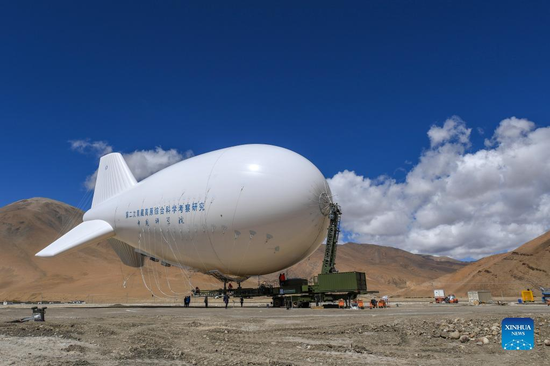
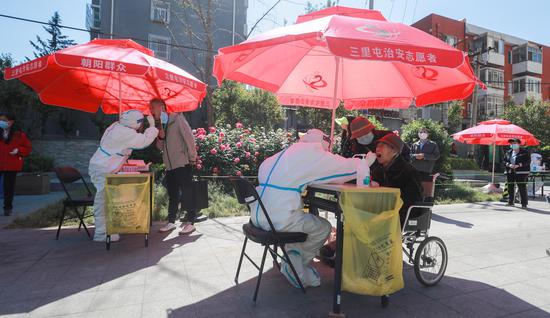
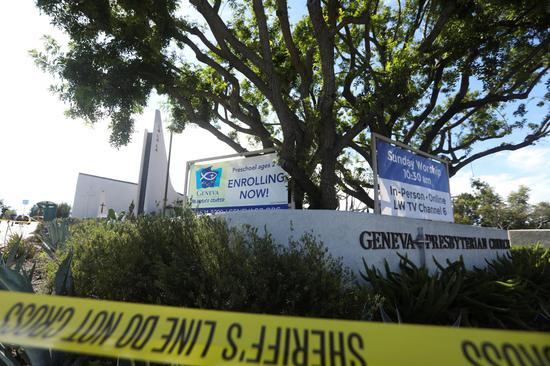
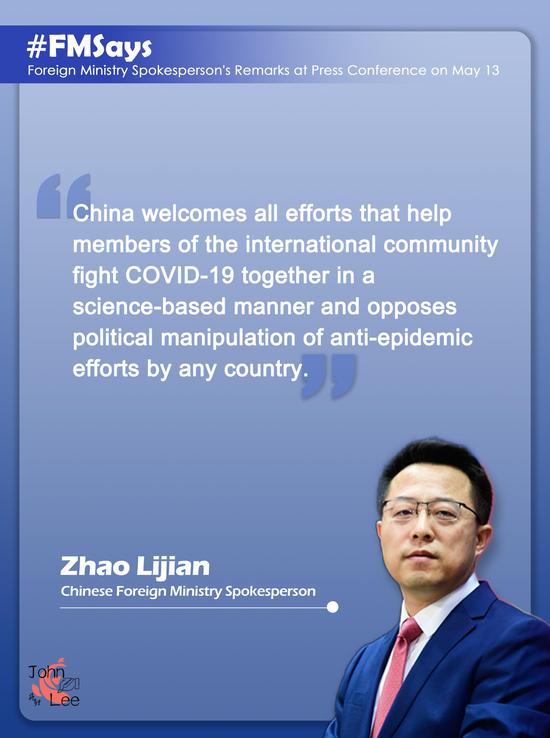
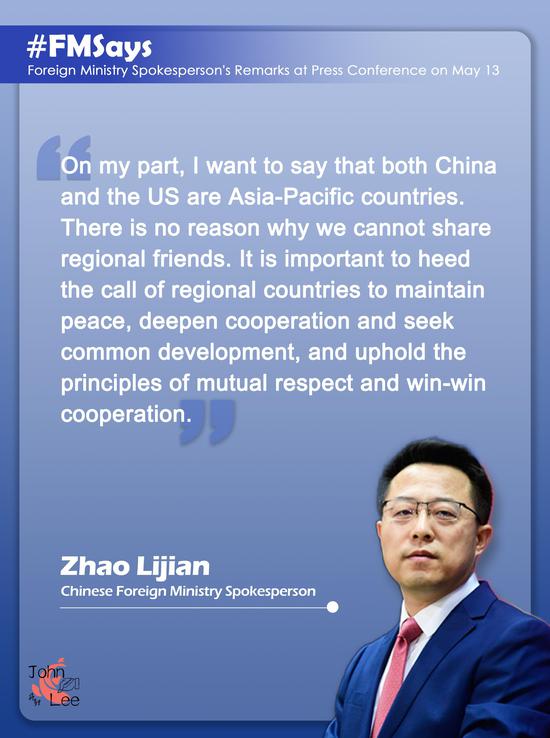

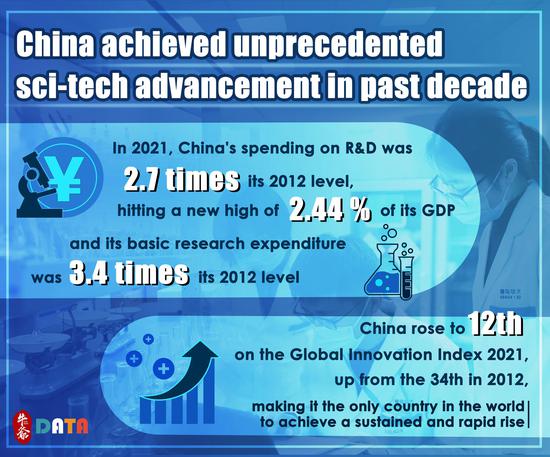
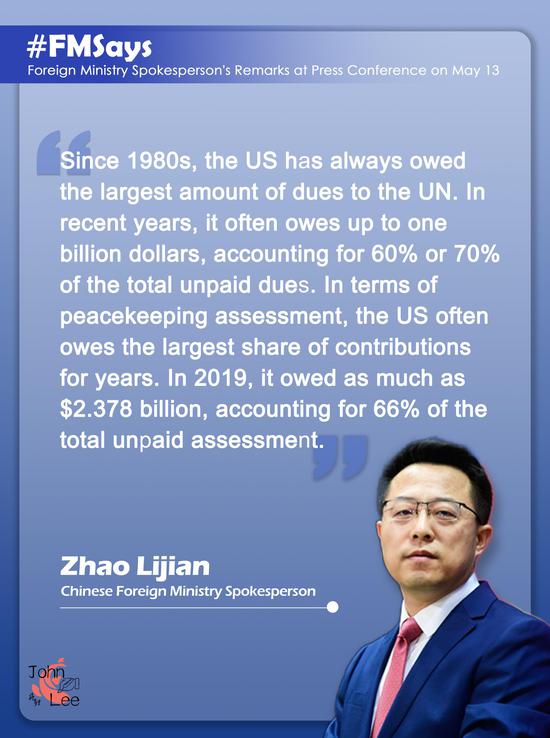
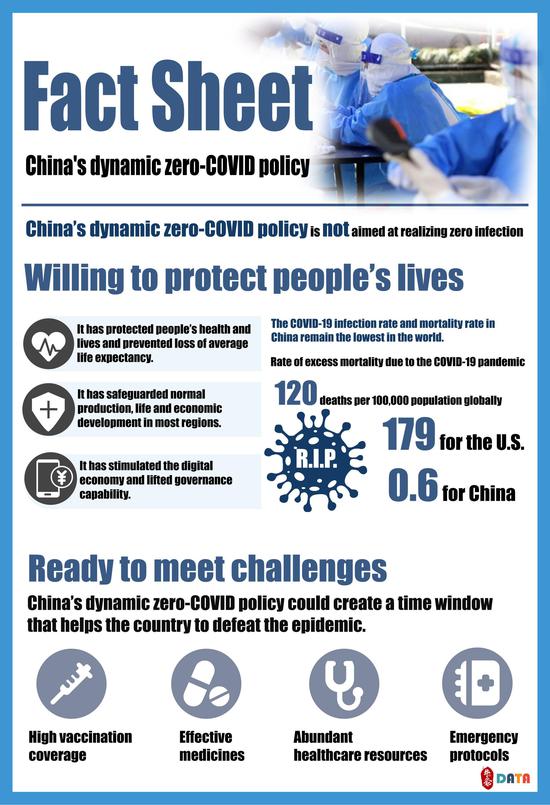
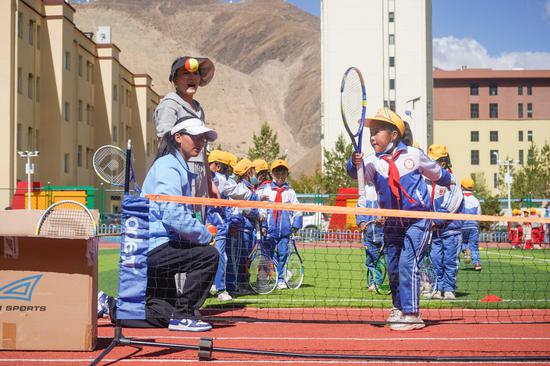


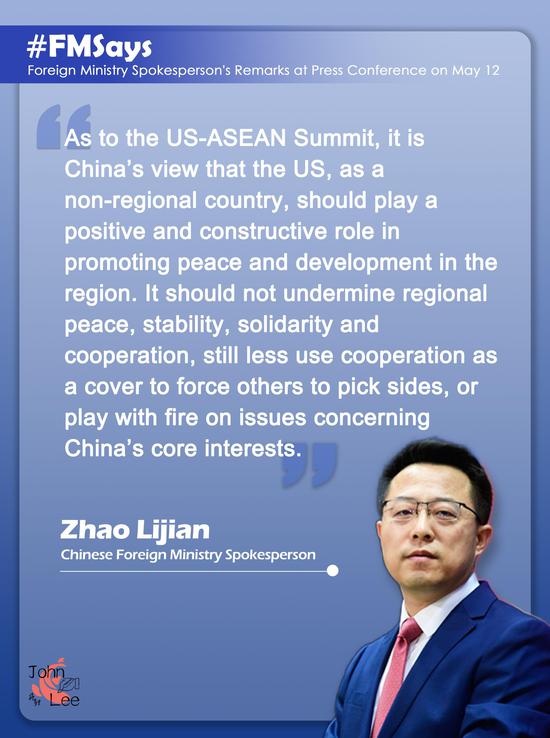
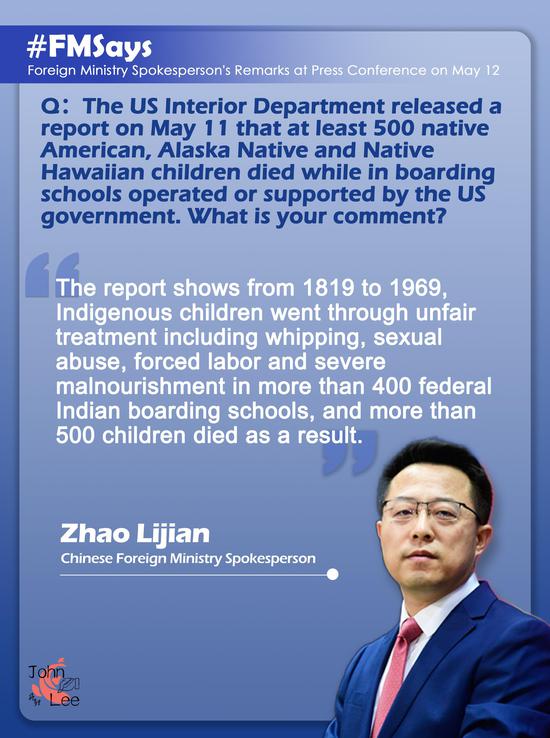

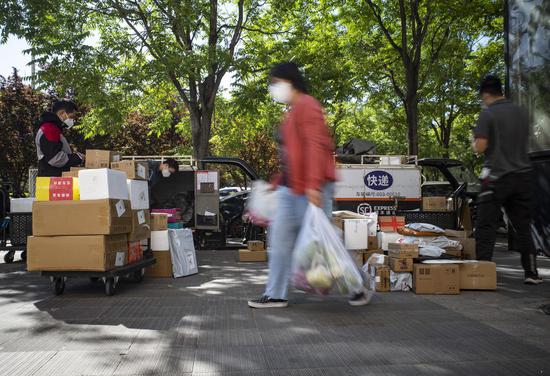


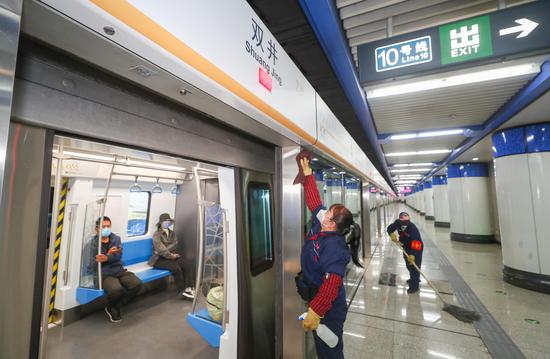
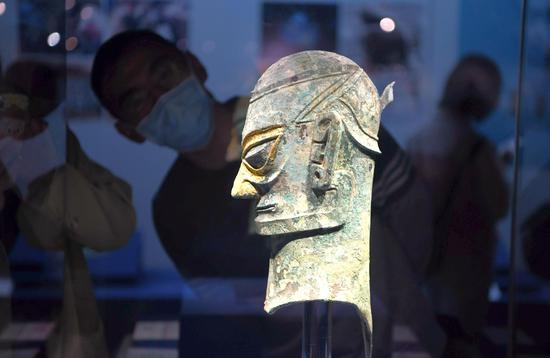
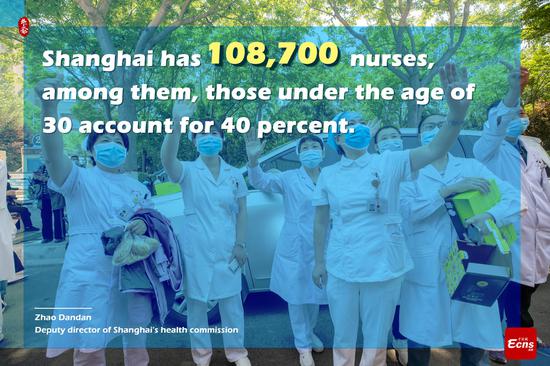
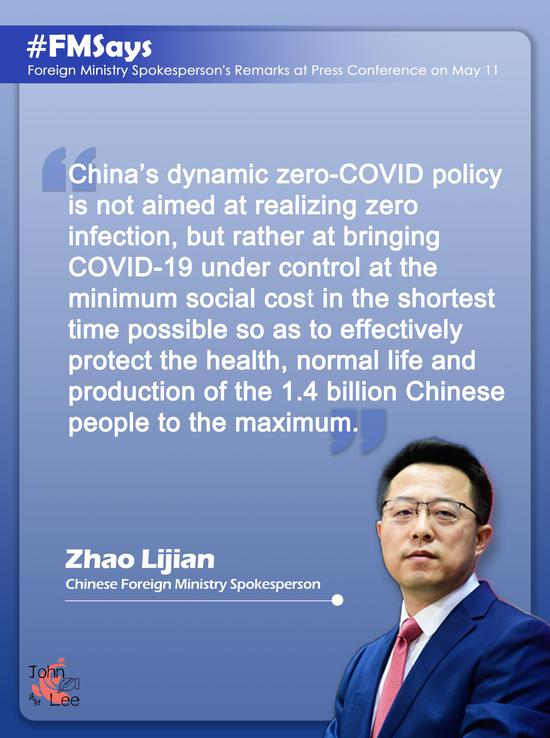
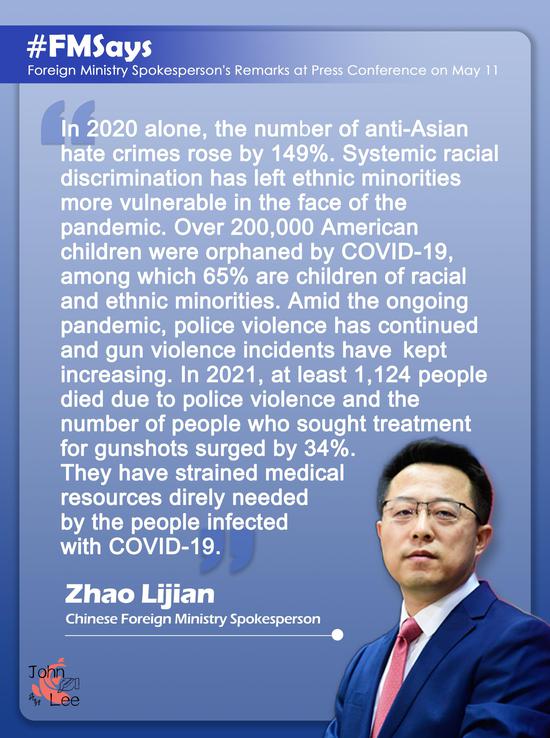
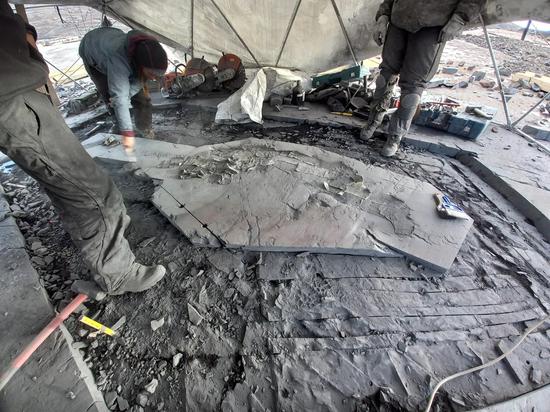
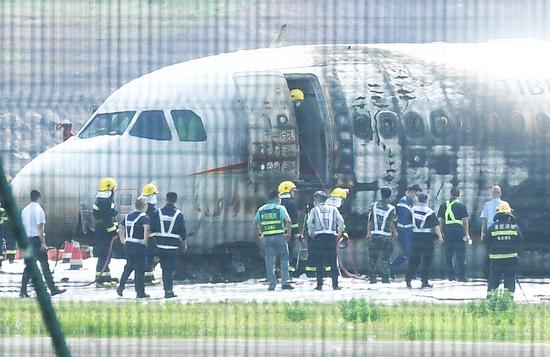
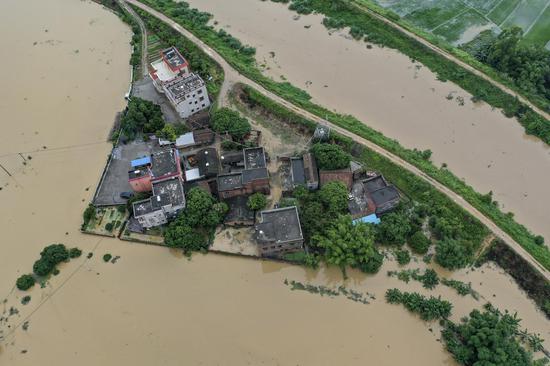


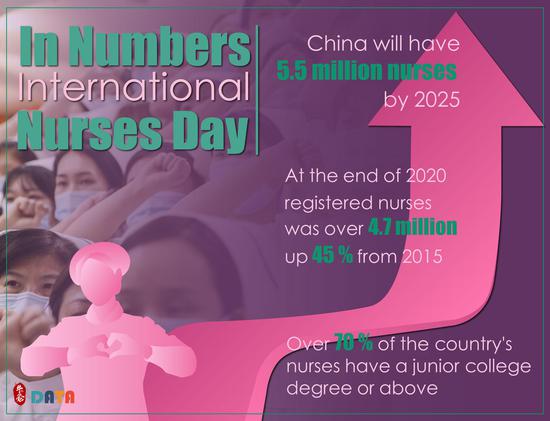
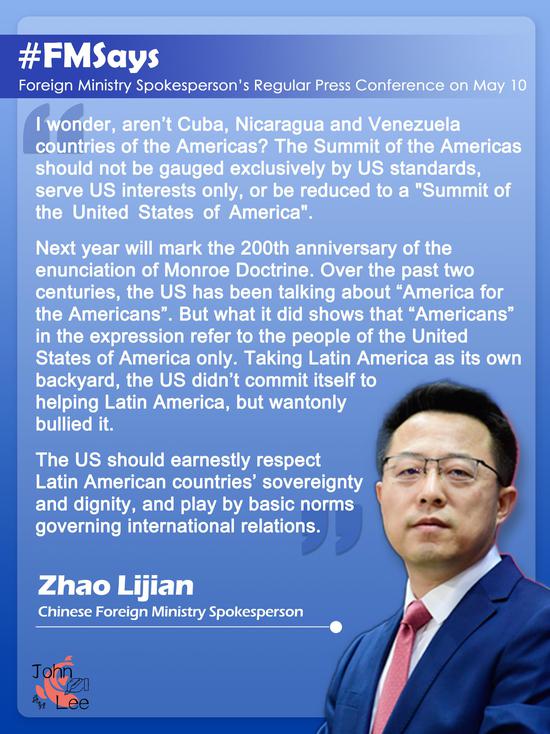
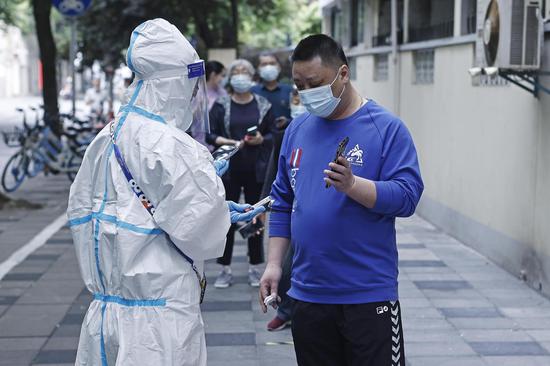
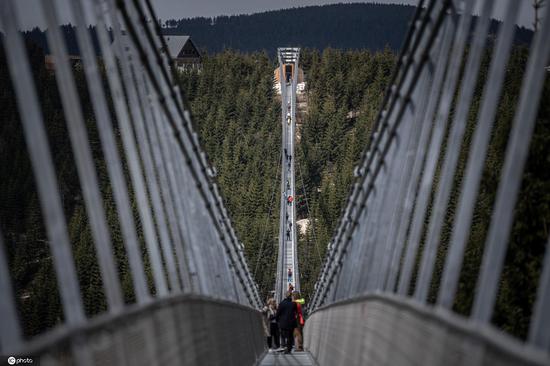
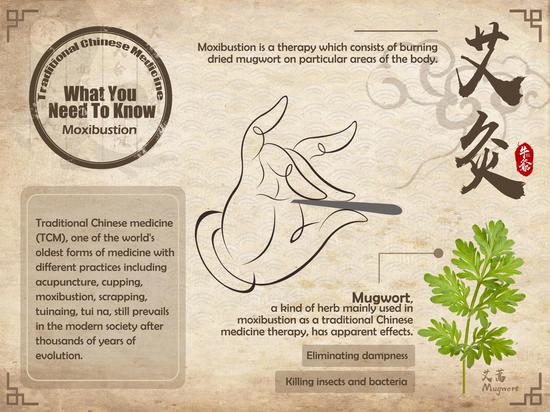







 京公网安备 11010202009201号
京公网安备 11010202009201号